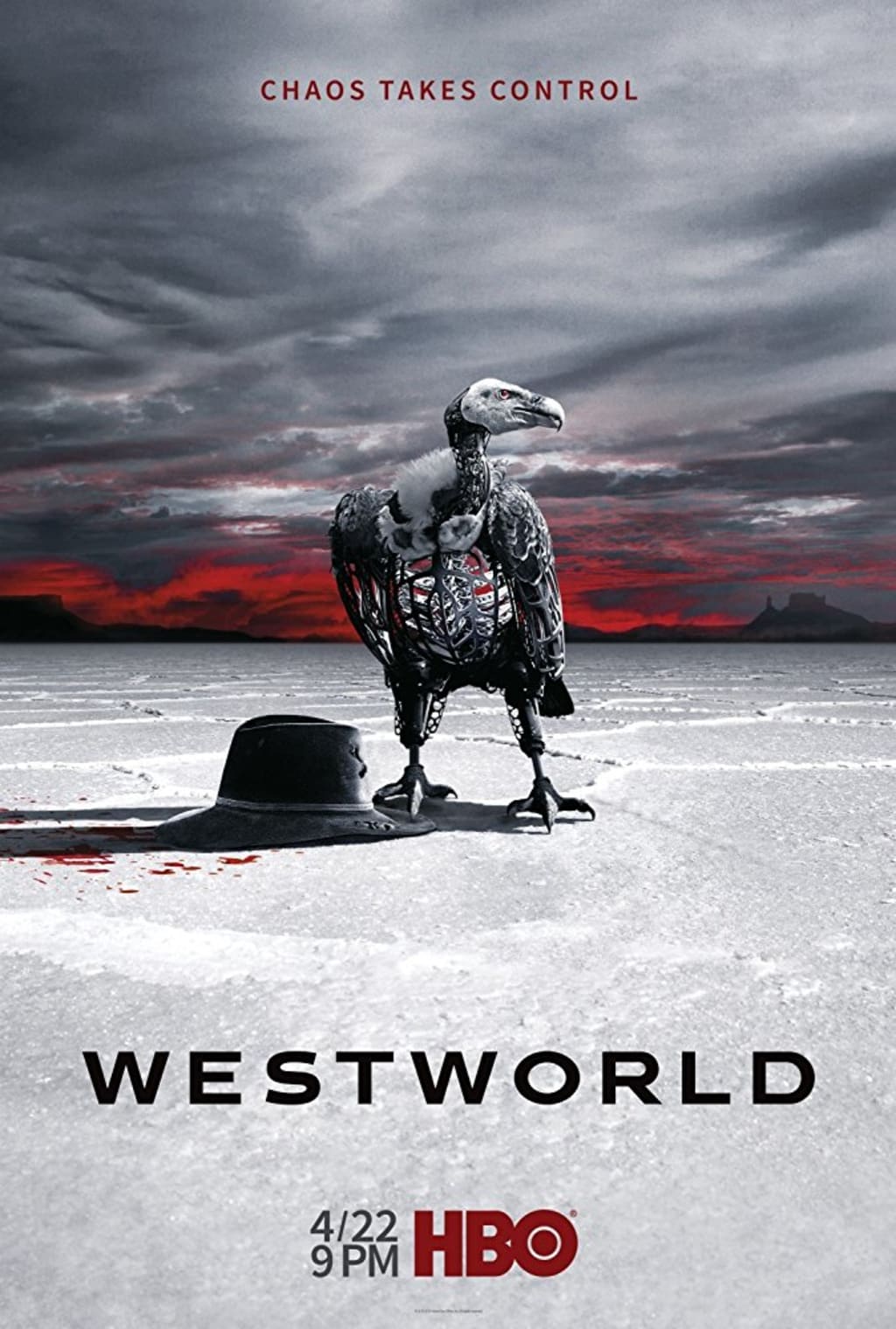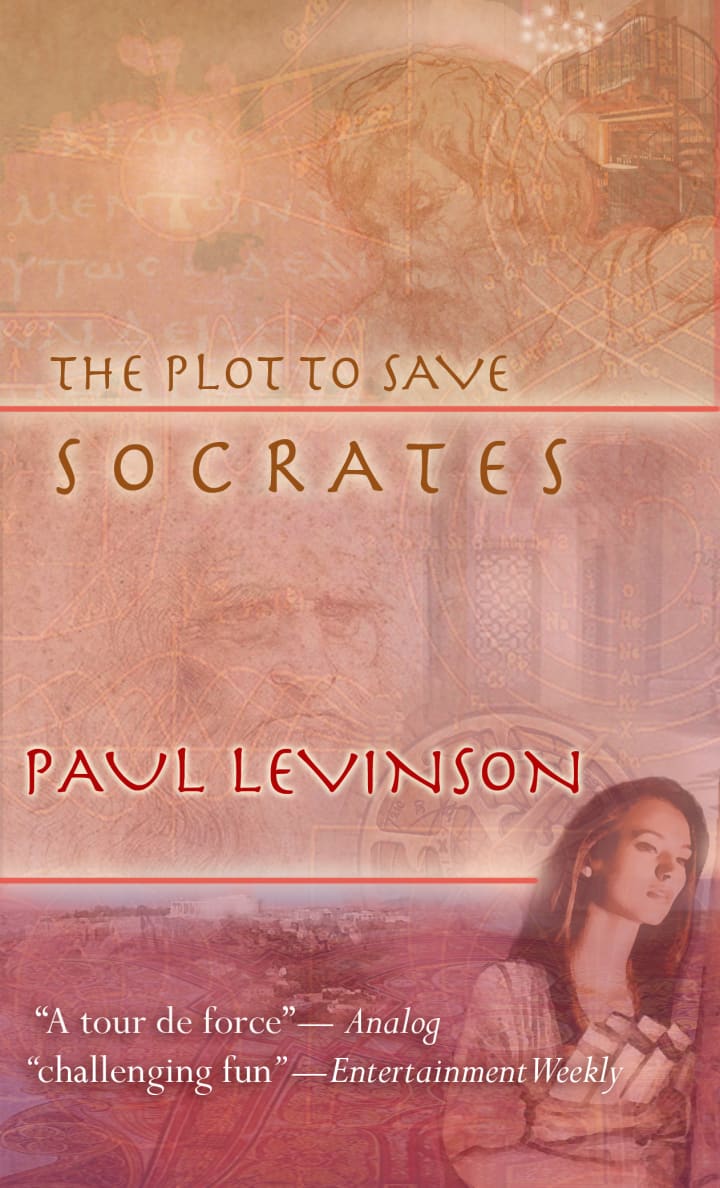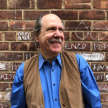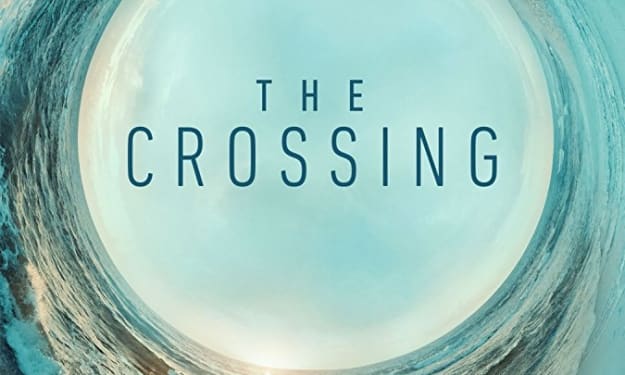Review of 'Westworld' 2.1
Maeve's Daughter

Amidst the many stunning wonders of the return of Westworld on HBO with episode 2.1, beginning with Bernard's dissing of Freud (telling Delores that "dreams are noise" and she should ignore them), through Delores's declaration of war on our human world to Teddy, concluding with what Bernard sees and starts to learn in that sea—what struck me as at least partially the most significant and emblematic is Maeve's search for her daughter.
Her return to Westworld after escaping, at the end of season one, because she couldn't leave her beloved daughter, set up this part of tonight's episode perfectly. Maeve is—presumably—freed from her program's dictations. So why would she choose to go back for her daughter, giving up her hard-won freedom (which, as she aptly says, she killed herself to get, "multiple times"), when her daughter wasn't real, was a part of her programming, and an earlier one at that? Did Maeve's return tell us that Maeve, after all, was still under the influence of the deepest part of her programming—or did it tell us something far deeper, even more profound?
Tonight, the programmer who Maeve later will oblige to strip naked, literally, tells her that he and his colleagues ("we") were the one who wrote the program ("story") with Maeve's daughter. Maeve is well aware of at least some of this programming: when she gets off a line about male anatomy, and the programmer tells her he wrote that, too, she observes that the line was a little coarse or "broad." So what makes Maeve so sure that her daughter is real and not just a character in one of her stories?
The answer gets to the root —or, at least, one of the main tap roots, of the whole Westworld story—that is, the story we're watching on HBO, about an hour a week once again, which I guess would be the ultimate meta-story for the hosts of Westworld (that is, not HBO, but Maeve, Delores, etc). Is Maeve's daughter just a construct in Maeve's mind, or a little girl host, wth her own story, who was paired with Maeve? (We know there are children hosts in Westworld—consider the fateful vignette between the Man in Black and the wise little boy, Robert, apparently Ford in kid's clothing.) Maeve loved her daughter deeply—does such deep emotion make her incapable for distinguishing reality from programming?
The answer to that question—how real is Maeve's daughter—has bearing on the bigger question of Delores's dreams, which have graduated, in her own mind, at least, to visions and knowledge of history which she's sure is true (or so she tells Teddy, but I don't think she's lying to him or playing him). How much of what Delores tells Teddy is just an expression of a deeper part of her programming, of her quiet, livid fury at humanity—now liberated—and how much is true and real?
Hey, I haven't even talked about what Bernard discovered in 2.1—I'm sure I'll get to that next week, along with more about the reality quotient of Maeve's daughter and Delores's dreams, which promise to be anything but noise.

About the Creator
Paul Levinson
Novels The Silk Code & The Plot To Save Socrates; LPs Twice Upon A Rhyme & Welcome Up; nonfiction The Soft Edge & Digital McLuhan, translated into 15 languages. Best-known short story: The Chronology Protection Case; Prof, Fordham Univ.






Comments
There are no comments for this story
Be the first to respond and start the conversation.